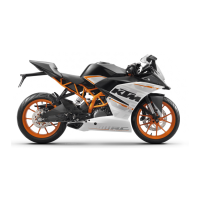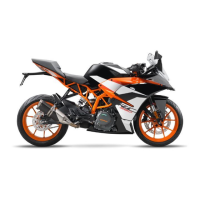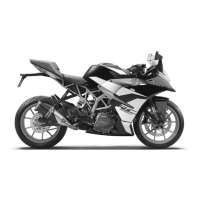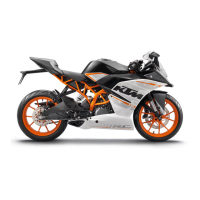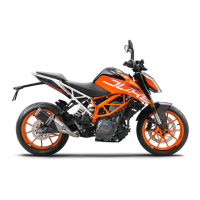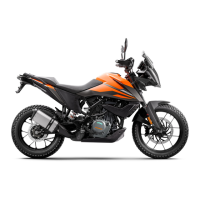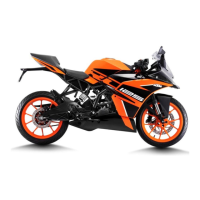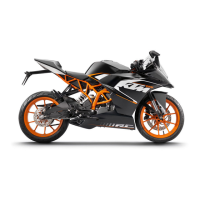Why is the speedometer not working on my KTM Motorcycle?
- AannjonesSep 14, 2025
If the speedometer is not functioning on your KTM Motorcycle, the speedometer wiring harness might be damaged, or the plug-in connector could be oxidized. You should check the wiring harness and plug-in connector.
